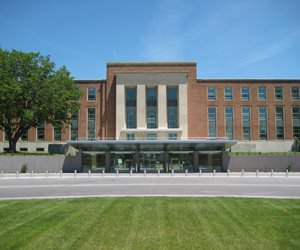The US Food and Drug Administration (FDA) on Wednesday issued draft guidance offering examples of how drug sponsors can rely on generally accepted scientific knowledge (GASK) in place of or to supplement certain nonclinical safety data, which could save companies and the agency time and resources.
FDA said it has received an increasing number of questions from industry about when they can use GASK in their new drug applications (NDAs) and biological license applications (BLAs), which prompted the agency to develop the guidance.
FDA explains that while standalone NDAs and BLAs must include data that demonstrates the safety and effectiveness of a drug or the safety, purity and potency of a biological product, that information does not always have to come from studies conducted by the sponsor. Sponsors may also cite studies for which they have the right of reference or information that is considered GASK. FDA notes that this is also true for 505(b)(2) NDAs and biosimilars submitted under section 351(k) of the Public Health Service Act…














